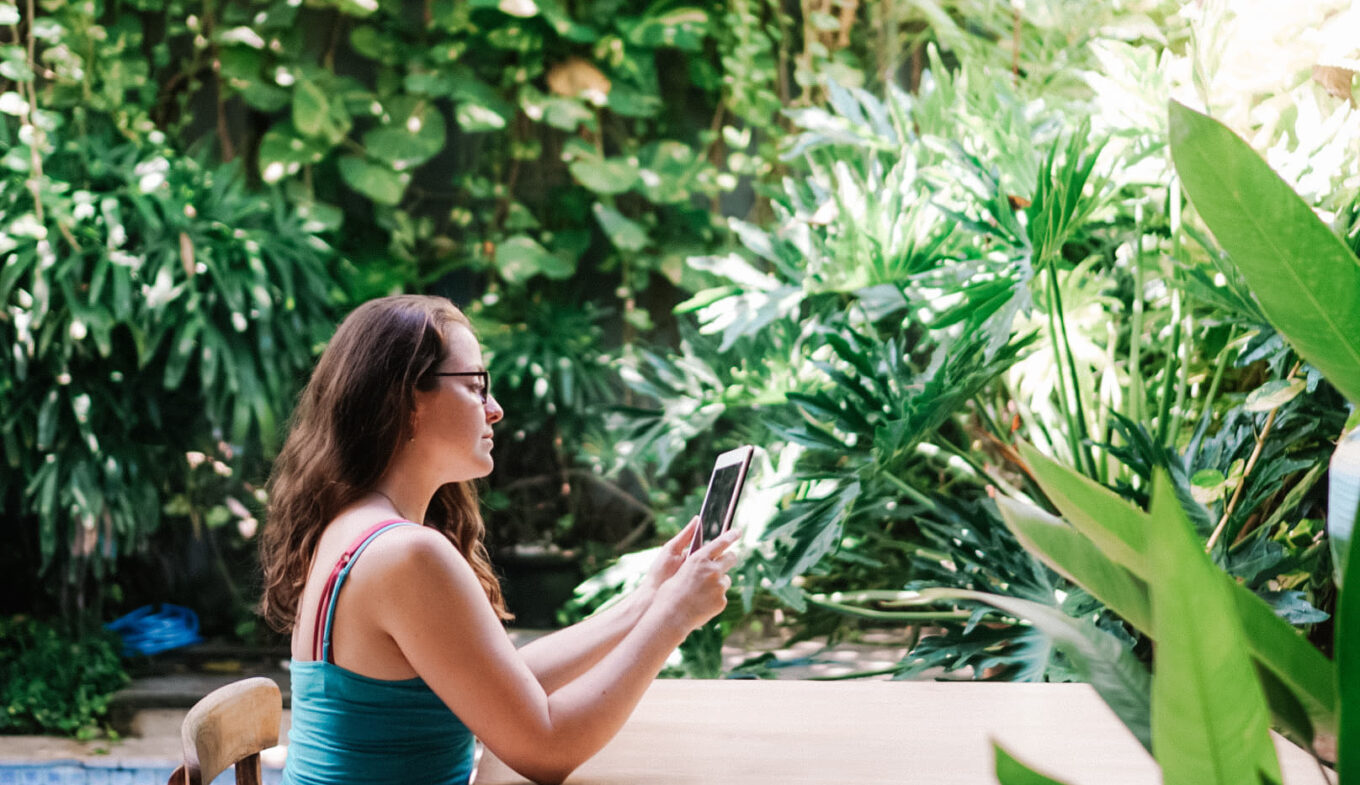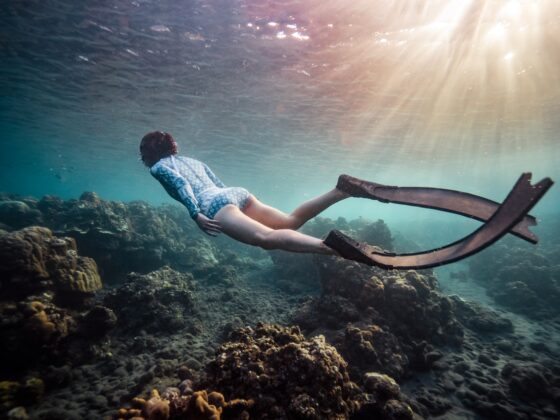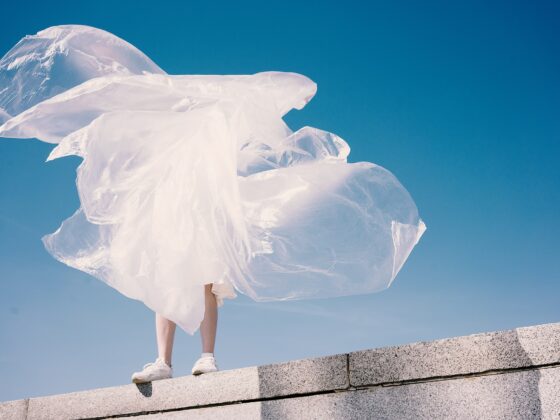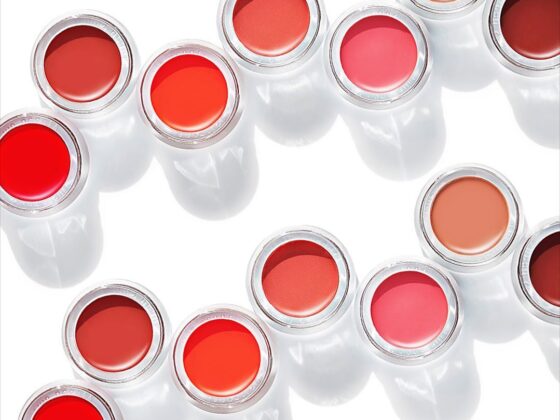Given the sheer amount of time that I – and most of us for that matter – spent in doors in my own company last year, it’s not surprising that I read a lot. I’ll be honest – I never read much as a kid. I was more concerned with making, listening to and watching others play music.
In the past few years, however, I have become an avid reader of both audiobooks and eBooks. I’d say I get through the average book in a week to 10 days.
Here are some of the best books I personally read last year and how they have impacted my life and my thinking.
My best reads of 2020:
- A Life Less Throwaway: The Lost Art of Buying for Life – Tara Button
- Who Cares Wins: Reasons for Optimism in our Changing World – Lily Cole
- Overdressed: The Shockingly High Cost of Cheap Fashion – Elizabeth L. Cline
- The Upcycle: Beyond Sustainability-Designing for Abundance – William McDonough and Michael Braungart
- The Wizard and the Prophet: Two Remarkable Scientists and Their Dueling Visions to Shape Tomorrow’s World – Charles Mann
- Essentialism: The Disciplined Pursuit of Less – Greg McKeown
A Life Less Throwaway: The Lost Art of Buying for Life – Tara Button
This is a great resource if you are looking to understand our consumerist society and how it impacts us. The book covers a range of issues facing modern day consumers, including planned obsolescence and marketing psychology tricks. It also lays out a comprehensive roadmap for what she terms ‘mindful curation’ for those who want to break the cycles and buy for life.
This chirpy read covers some serious ground, which could easily feel dense and disheartening in the wrong hands. I finished it feeling inspired to put its advice into action. Whilst I already take a considered approach to my purchases in terms of whether I really need something, I do not always think about whether I could buy this item for life.
Two concepts covered in the book that really hit home to me were planned obsolescence and the un-wish list. Planned obsolescence is a concept I knew about in the abstract sense, but seeing it put into words really helped me to apply it as a lens for many areas of consumerism. Check out this article I wrote for Eloquentia Magazine on planned obsolescence in fashion. I was also able to create my own un-wish list to be more mindful of the things that I do and do not need in my life.
Not only does the book help you to choose better and buy for the long haul, her website Buy Me Once, lists a huge range of products that are designed to be bought for life.
Who Cares Wins: Reasons for Optimism in our Changing World – Lily Cole
Released in mid-2020, this book provides an optimistic view of where we could find ourselves in a post-Covid era:
What will come next? […] Will we have made enough of a shift in how we think, consume and live, to do things differently – to avert another crisis?
lily cole, who cares wins
Well known for her passion for sustainable design and business, ex-supermodel Lily Cole makes an optimistic case for the future, showcasing those who are making waves in sustainability across all sectors.
From democracy to the patriarchy, and food to travel, the book takes the reader through an approachable explanation of the issues faced, and those creating innovative solutions. You don’t need to take her word for it though, the book is scattered with interviews from experts in every field.
Who Cares Wins does a great job of highlighting the myriad problems that humanity is facing, while remaining optimistic and upbeat. Lily Cole covers such diverse ground, that everyone is sure to learn a thing or two about hope and innovation. It’s clear that she is fascinated by the subject matter and this really shines through. You feel like you go on this journey with her learning from experts.
Overdressed: The Shockingly High Cost of Cheap Fashion – Elizabeth L. Cline
Every second, the equivalent of one garbage truck of textiles is landfilled or burned, and that amount is steadily growing.
Overdressed attempts to uncover the reality of the fashion industry, and how we arrived at the current extent of human and environmental exploitation necessary to keep the fashion industry alive in its current form. The book follows the demise of domestic production and the rise of fast fashion. Also talks about what happens to the staggering amount of clothing that is discarded (US $500 billion worth every year, in case you were wondering). Making the case for making what you have last longer, sewing your own clothes, and making better buying decisions.
After reading this book, I had a refreshed resolve to question each and every purchase. While I was aware of many of the problems rife in the fashion industry, I found the detail Elizabeth Cline goes into on how the dynamics have changed over the years truly fascinating.

The Upcycle: Beyond Sustainability-Designing for Abundance – William McDonough and Michael Braungart
What if design could solve all of our environmental problems? These authors believe it can and should.
“We humans have the ability to see beyond our species, and that ability confers a responsibility.”
William McDonough, the upcycle
Upcycling looks to “design or manufacture in a way that loves all of the children, of all species, for all time.” The Upcycle book makes the case that design should not only be aiming for carbon zero, but can actually reverse the damage we have inflicted on our planet.
The book explores cradle to cradle design (where all resources are used in an effective cyclical manner) in all aspects of life. It is quickly clear the myriad opportunities we are missing out on to build more sustainable products, building and business practices that the planet so desperately needs.
I found this to be another optimistic read that showcases a fascinating range of innovative solutions. Their refreshing take that doing less bad is not the same as doing more good is one that has stuck firmly with me.
The Wizard and the Prophet: Two Remarkable Scientists and Their Dueling Visions to Shape Tomorrow’s World – Charles Mann
Can humanity’s understanding of science help us to get around natural limitations for the life of our ever-expanding species?
Biography of leaders of two different schools of thought in sustainability that are supposedly polar opposites. Both believed resolutely in the capacity of science to understand our world and guide us into the future, but that’s as far as they could agree. William Vogt believed that our planet has inescapable limits and science can show us how to live within them. Norman Borlaug, on the other hand, believed that science would provide us with the tools to surpass what would be the limits for other species.
I’ll be the first to admit that this is a slightly denser read than the others on the list. This dichotomy raises such fascinating questions about which direction is more sustainable and realistic, or perhaps a middle ground can be found between the two.
Essentialism: The Disciplined Pursuit of Less – Greg McKeown
How much happier, more productive and more successful could you be if you were laser focused in your intentions?
Greg McKeown leads us to question the notion that doing more is better. Essentialism suggests that we should be narrowing our focus to what matters most and cutting out the distractions. We’ve all been in situations where we have failed to prioritise our own life, and as a result have had other people thrust their personal priorities on us. This is all well and good occasionally, but it can be seriously damaging to your personal progress if it keeps happening.
Essentialism asks us to confront three core truths: “I choose to,” “only a few things really matter”, and “I can do anything but not everything”.
This is really well visualised here by Jack Butcher of Visualize Value:
As someone who is forever dreaming up new projects and ideas, I feel that I can really benefit from Essentialism’s message of narrowing focus. This book encouraged me to sit down and really think about what actually matters to me personally and professionally, and figure out how to work towards bringing those to fruition.
I am looking forward to going further down the proverbial sustainability rabbit hole in 2021, and plan to publish regular book and film reviews.
I would love to know what recommendations you have. What were your favourite reads of 2020, and what is next on your list for 2021?
You can find these and more must-read titles in The Eco Desk’s Resource Library.
*Disclosure: We only recommend products we would use ourselves and all opinions expressed here are our own (denoted by *). This post may contain affiliate links that at no additional cost to you, we may earn a small commission. See our full disclosure policy here
















